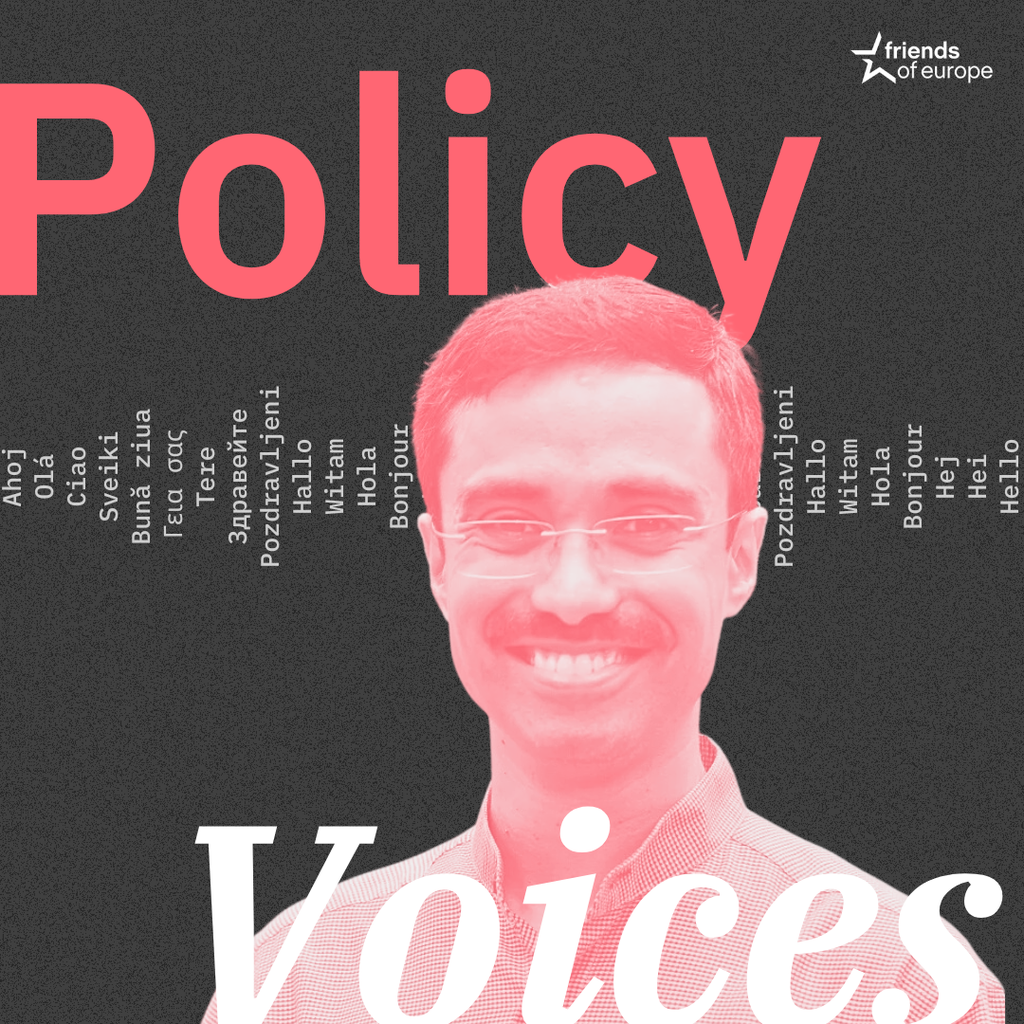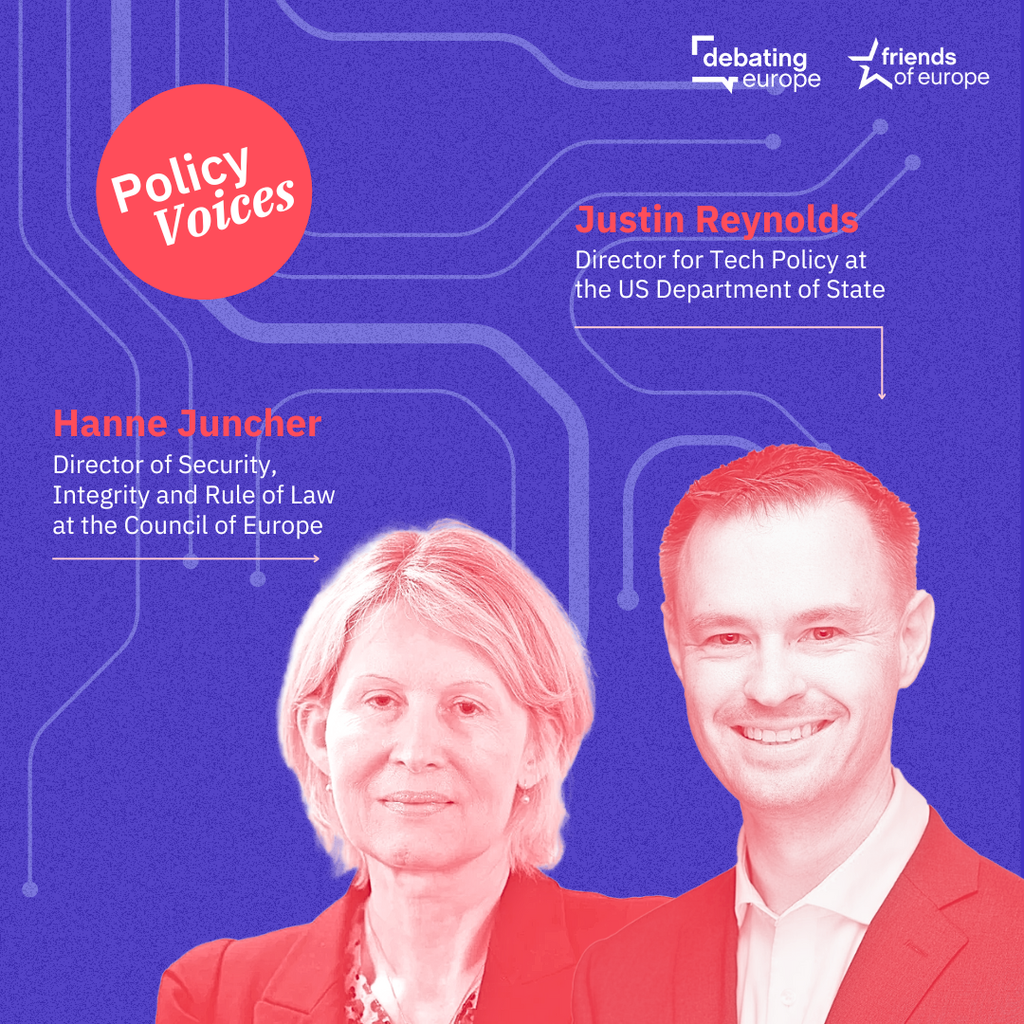A European agenda for space: resilience, security and sovereignty
Past event In person

- Area of Expertise
- Digital & Data Governance
Digital & Data Governance

Executive Director of Global Indices at INSEAD
It is said that economists don’t always answer the question asked, but that for each question they raise at least two more. So it’s tempting to respond to the question “is Digital Europe a fast track to economic recovery?” by asking first, “how should we define economic recovery?” and second, “what do we mean by fast track?”
The answer to the second question depends largely on how we answer the first. If your definition of recovery is based on bringing national accounts back into equilibrium, including through debt reduction and budget tightening, then there is no fast track. Such efforts need to be sustained over at least three to five years to yield the visible effects that will restore investors’ and citizens’ trust. A major danger, therefore, is that it may not achieve its desired effects before social and economic breaking points set off disruptive and costly reactions.
But if your definition of recovery is returning to higher levels of productivity, growth and job creation, then a fast track option starts to make sense, largely because there are more ways through which this ambition can be pursued. In such a context, Digital Europe can be a high-speed, high-yield path towards recovery.
Europe’s most pressing drama is plainly its 26m unemployed, amounting to 12% of the active population. The figures range from 6-7% in Malta, Denmark or the Netherlands, to over 27% in Greece and Spain, where youth unemployment rates are unacceptably high, at over 50%. The trend of these percentages will show whether and how fast Europe is recovering.
It is easy to see how Digital Europe could accelerate recovery. Almost half a million vacancies remained unfilled in the IT sector as European businesses, large and small, have difficulties recruiting the engineers, programmers, and analysts they need.
So how can we unleash the power of the digital economy in Europe, and gear it firmly to a fast-track, job-rich European recovery? Three conditions must be met:
Digital Europe can indeed be a fast track to recovery. But a third question might be “can recovery be too fast?” The answer is yes; a fully Digital Europe that overlooks the importance of reducing inequality and curbing populist and nationalist tendencies may lose momentum. Building a Digital Europe must be a multi-stakeholder effort. In that sense, the multi-speed highway system in the United States and elsewhere may be a source of inspiration: to go fast, don’t expect a “speeding lane”; but see how you can use the “carpool lane”.
Past event In person

Next event In person & livestreamed

Past event Online

Past event In person





Stay informed
We use cookies and similar technologies to adjust your preferences, analyze traffic and measure the effectiveness of our campaigns. Learn more about our privacy policy.